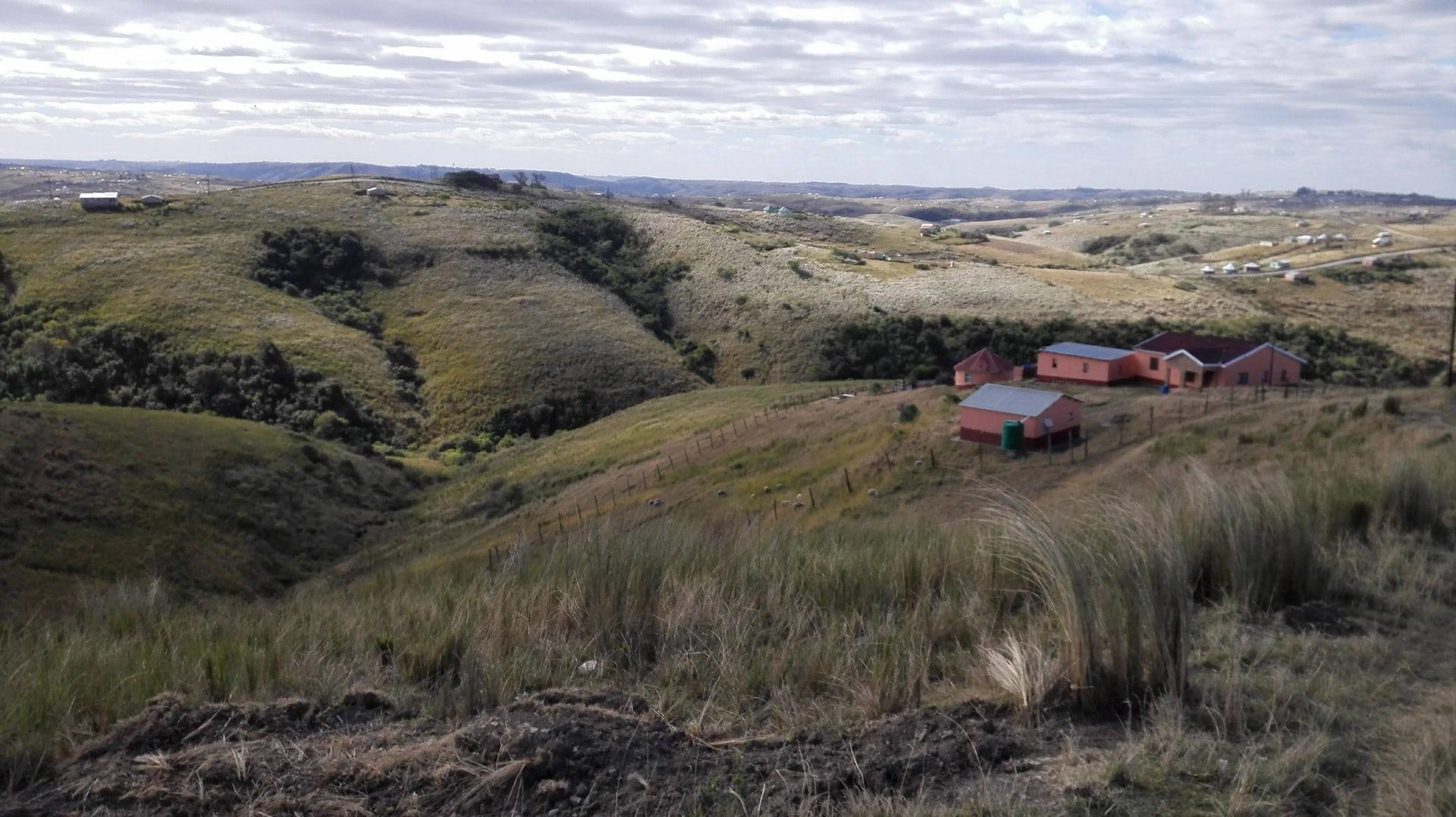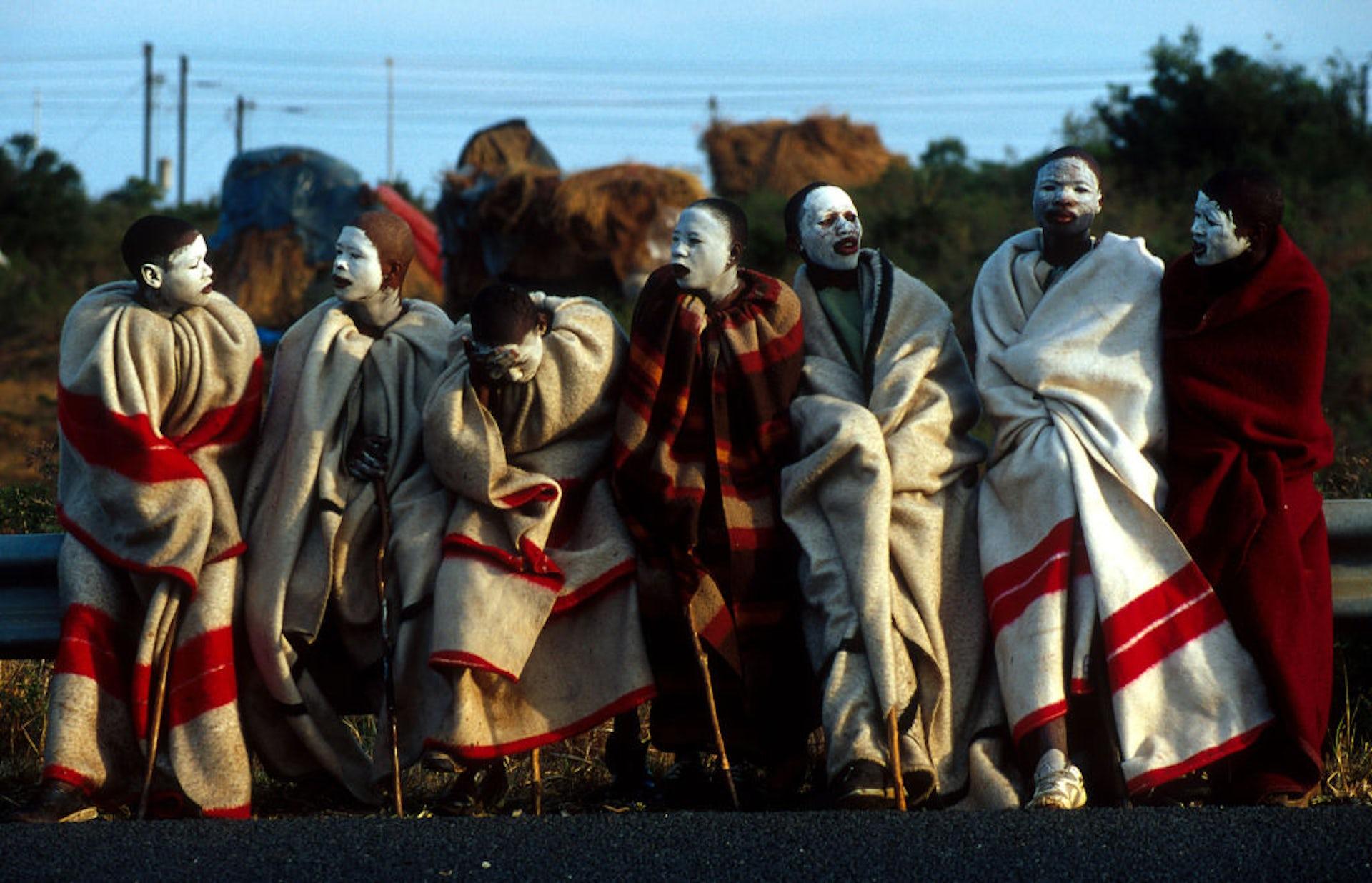Ubuntu offers lessons in how to treat people with disabilities – a study of Bomvana rituals
Research shows that people with disabilities have always been largely excluded and marginalized in societies across the world.
Over time, the language used to describe disability has generally become more positive and inclusive. Many activists advocate for the use of “people/persons with disabilities” and not the “handicapped” or “disabled”. However, this language remains negative for many Indigenous people around the world. To them, the word “disability” is stigmatizing because they don’t have such a term in their vocabulary. It’s also a misrepresentation of their traditional beliefs regarding impairments.
In traditional village life, the Xhosa community of AmaBomvane in the Eastern Cape province of South Africa does not see disability in a person. Their rituals do not allow people to discriminate – their worldview is based on collectivism and ubuntu. Ubuntu is an African philosophy that promotes the common good of society and includes humaneness; each person is an integral part of society.
In many other cultures persons with disabilities are seen to differ from the “norm”.
For my PhD in health sciences rehabilitation, I spent three years studying the experiences of people with disabilities when they underwent Xhosa rituals and traditions. I wanted to know how rituals contribute to health and wellbeing.
I found that good health and wellbeing rely on rituals, which are the essence of life among the Bomvana people. And that good health is for everybody, including people with disabilities. They cannot be denied health … because everyone is equal. This offers lessons in the inclusion and participation of people with disabilities.
The study
For my study, 50 people were selected for interviews and focus groups from three rural villages – Gusi, Hobeni and Xhora in the district of Elliotdale – with the assistance of chiefs and community members. They included people over the age of 18 with disabilities (who were able to answer questions), indigenous knowledge holders (elders), caregivers and parents of persons with disabilities, traditional birth attendants, traditional healers, a traditional circumcision surgeon and a social worker.

The Bomvana people are associated with the red ochre they use to decorate their faces and the beautiful beaded red blankets worn when attending traditional functions. AmaBomvane have a strong belief system that strengthens cultural continuity, ensuring there will be no lack of leadership to perform rituals and traditions. Their participation in social organization ensures that traditional knowledge, transmitted orally, is not lost as it molds the character of the people.
My study focused on three rituals which mark important stages in a person’s life:
Efukwini (behind the door), provides a sacred space for giving birth in which the mother and infant remain separate from the rest of the household for 10 days to protect the child from evil forces. When the nursing mother is in seclusion, AmaXhosa believe that the child is connected to the ancestors for its protection and recognition as a member of the family, including all people with disabilities.
Intonjane (female initiation rite), marking a girl’s rite of passage to womanhood, performed between her first menstruation and her wedding. The ritual is done for all young women, regardless of whether they are disabled.
Ulwaluko (traditional male circumcision), in which boys learn about acquiring their identity and social responsibility as men. A person with a disability belongs to the community and must not be excluded from this ritual. All boys must be taught to become men, regardless of disabilities.
The findings
AmaBomvane treat people with disabilities with dignity and respect within the context of their rituals. If they didn’t, it’s believed, the rituals would be rejected by the ancestors and misfortune would arise. The Bomvana also believe illness can be prevented through performing rituals to the ancestors, who are seen as intermediaries between God and people. The rituals confer health, stability and resilience.
I found that rituals provide a safe space for people with disability by virtue of being inclusive. This encourages respect and compassion.
The Bomvana understanding of disability is also linked to spirituality and traditional knowledge systems. Disability is seen as outside the body:
Disability is like a blanket any other spirit is wearing.
The Bomvana do not see disability as the real person, saying:
The soul is not disabled.
There are, however, also negative attitudes towards persons with disabilities in the broader Bomvana village society outside of the rituals. This, I believe, is a result of colonial influence and Western thinking. AmaBomvane told me, for example, that in the old days, missionaries were against men going for circumcision. They did not understand the importance of the ritual to the Xhosa. If one is not circumcised, one remains a “boy” and is forbidden from participating in communal decisions and social events.
Talking about these negative attitudes, one traditional healer told me:
Their treatment is very bad in the community. At times they become projects of people they are living with. Their grant money is misused by their carers.
The grant is given by the state to provide for the basic needs of persons with disabilities who are unable to work.
One caregiver said:
They are not supported as they should be. For example, there are these children we are looking after, and when they go home for holidays, we buy them clothes, but when they come back, the clothes … have been taken by siblings that are not disabled.
While in the villages the old values are still respected, I found indications that with changing times and fractured family units, the concept of ubuntu is under threat.
What this means
The AmaBomvane belief in ubuntu – social justice and fairness – could be a model for the inclusion of persons with disabilities and their rights. The Bomvana case could encourage others to embrace a spirituality that supports resilience and stability. It’s a humane way of viewing disability.
This matters because ubuntu contains all the key aspects of South Africa’s constitutional bill of rights that teaches that “all are equal before the law”. In the view of the AmaBomvane and ubuntu, disability is not seen as a problem that needs to be fixed but rather a state of being that must be treated with humanity and equality.![]()
This article is republished from The Conversation, a nonprofit, independent news organization dedicated to unlocking the knowledge of experts for the public good.
